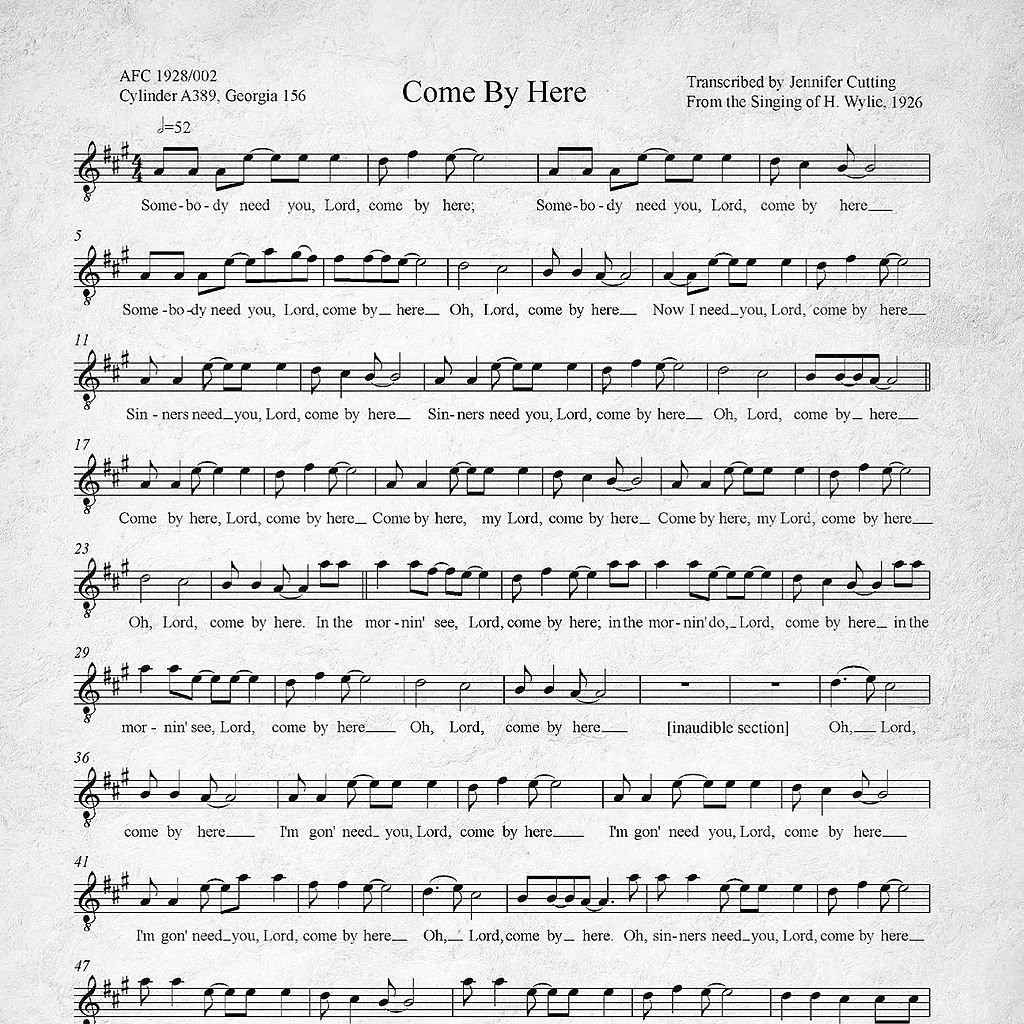Black gospel music, as we know it today, evolved from songs, chants, poems and prayers of enslaved black people who communicated their dreams and hopes for freedom someday. Many of the songs were secret codes and road maps to freedom. Music was a way for slaves to express their feelings whether it was sorrow, joy, inspiration or hope. Songs were passed down from generation to generation throughout slavery. These songs were influenced by African and religious traditions and would later form the basis for what is known as “Negro Spirituals”.
Music is rooted in the conversion of enslaved Africans to Christianity, starting with work songs sung in the fields and, later, with religious songs sung in various church settings, later classified as Negro Spirituals (which shaped much of traditional Black gospel).
At the start of the 18th Century, work songs, developed from African traditions, were commonplace in enslaved communities. Field hollers and chain gang songs were the predecessors to ‘spirituals’, the ‘call-and-response’ singing style forming the blueprint for many strands of Black gospel music that we sing today like: “If You Call on Jesus… He’ll Answer Prayer” and “God is a Good God… Yes He Is” and “Travel’in Shoes…Got on My Travel’in Shoes”.
Just as the Israelites did, our ancestors shouted songs of victory as they breathed freedom: “Then Miriam (the sister of Moses) took a tambourine and the women followed her with tambourines, dancing, and singing before the Lord: Victory is Ours!” (Para-phrased) Ex: 15: 20—21
Faithfully,
Pastor R. Mario Howell

